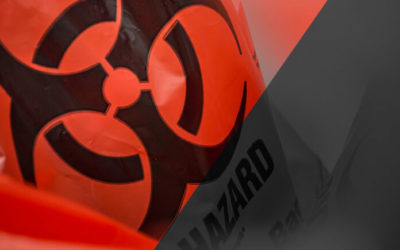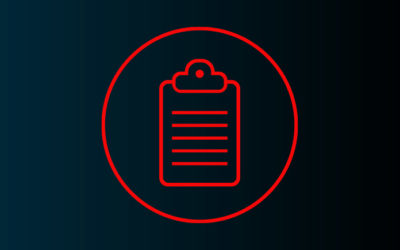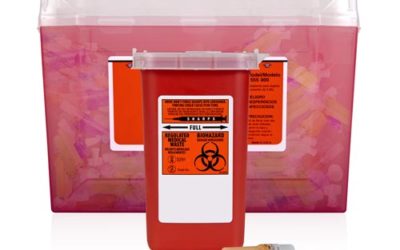Proper pharmaceutical waste disposal is an involved process that affects every Georgia pharmacy. If you have any doubt your pharmacy is fully compliant with all laws pertaining to expired medicine and proper disposal from your site, then you need to read on! Being out of compliance can mean you must combat significant fines or even harsher actions against your Georgia-based pharmacy.
Service Request
Have waste that requires compliant handling or disposal? Fill out our service form and an MCF Environmental Representative will get back to you quickly with next steps!
Please note we do not provide disposal services for household waste


















